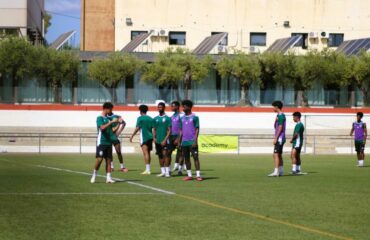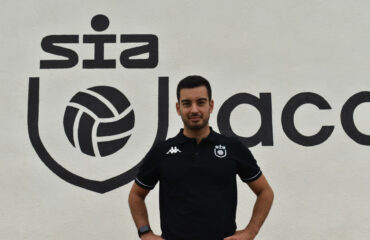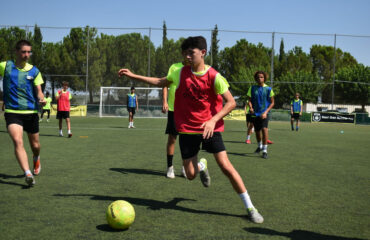Education and languages at SIA
At SIA Academy we stand out because we successfully train players for high professional performance, with human values along with the importance of academics.
Our goal is that all SIA Academy players who complete their training process have more opportunities to join and gain the discipline that is important to play/work within professional clubs and fulfil their dreams.
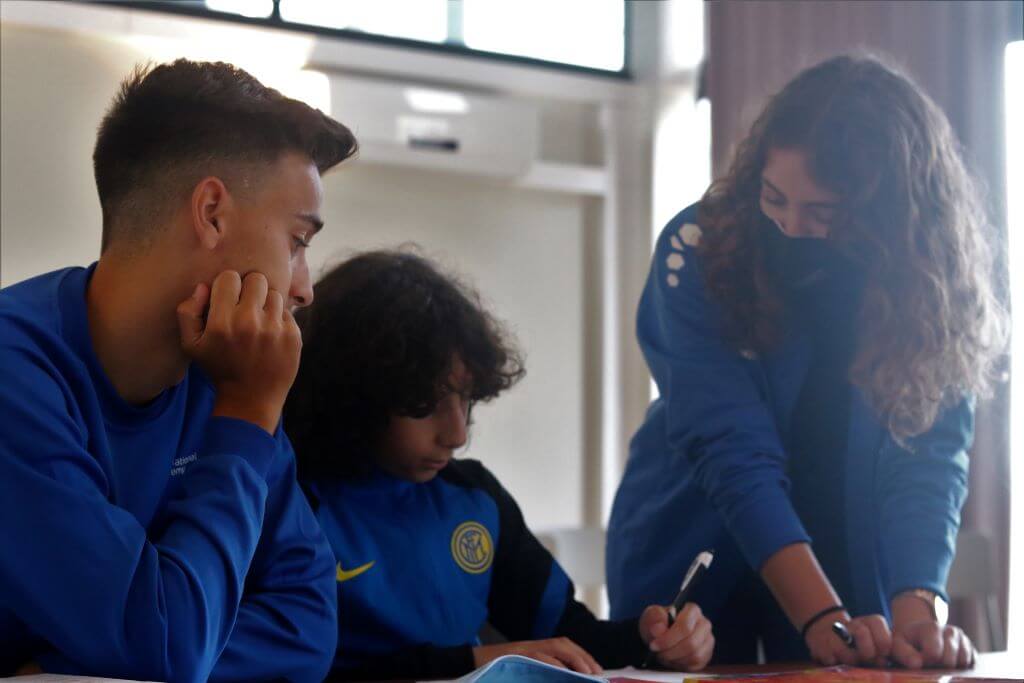
It is important for us to train them towards excellence as people and professionals, so that after finishing their sporting career they can acquire positions of responsibility in companies, institutions or social groups providing a level of performance of excellence reinforced by the values and education acquired during their time with us.
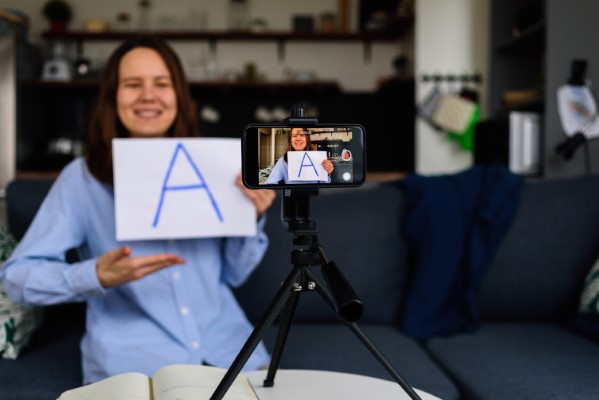
1. The area of Languages
The development of communicative competence in the teaching-learning process of the different languages within the academy is considered of vital importance, in order to promote the relevance of the study and teaching of languages.
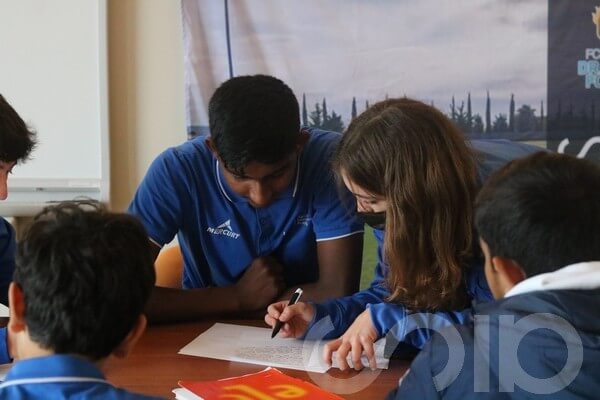
It is worth highlighting the interrelationship between the variables that are accentuated: communication through messages, the groups of interest among which they are transmitted, the reactions that occur and the organisation of the same; this correspondence determines the effectiveness of the messages emitted, as well as the tools used, reflecting the reality of being a continuous process within a circular framework.

Likewise, the active participation of students in the construction of their own learning is promoted, taking into account the processes and strategies that each one of them puts into practice, as well as their abilities to make the most of the opportunities, with the intention of enriching their development and achieving meaningful teaching.
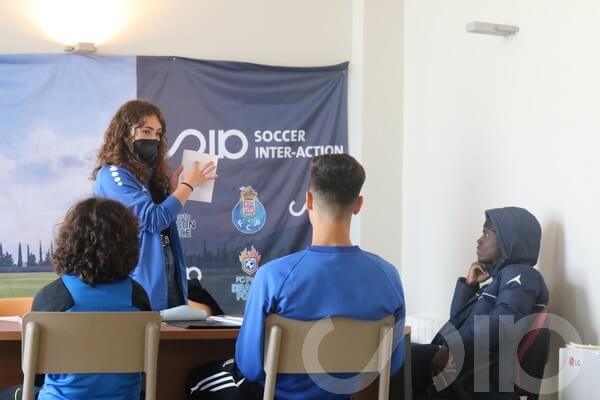
English is the vehicular language of most of our players, so we complement it. Learning Spanish is vital for any player who wants to develop a professional career in Spain.
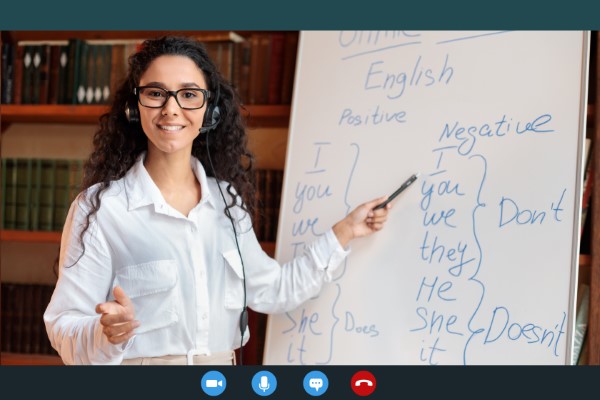
2. Spanish language competence
Content and objectives
Within the objectives and content of the Spanish language competence, dialogue stands out due to the importance of observation, reflection, understanding and appreciation regarding the global meaning of debates and spontaneous conversations of the communicative intention of each interlocutor and the application of the basic rules that regulate them; and, jointly, due to the knowledge and progressively autonomous use of the different skills assimilated.
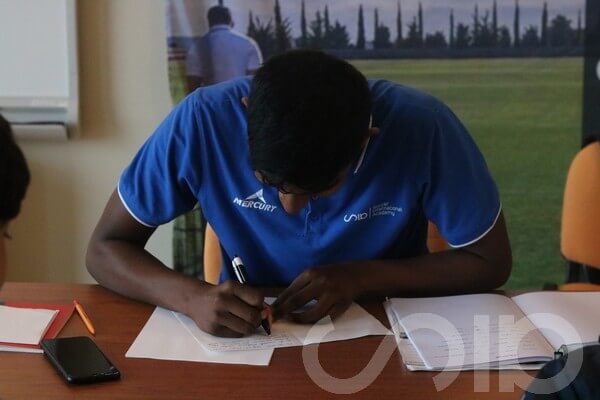
In addition, in oral and written communication, objectives such as comprehension, interpretation and evaluation of texts in relation to the area of use and the purpose for which they are intended are indicated; in addition, knowledge, use and application of the strategies necessary for the production and evaluation of oral texts, as well as those essential for speaking, at a formal level and in everyday life.
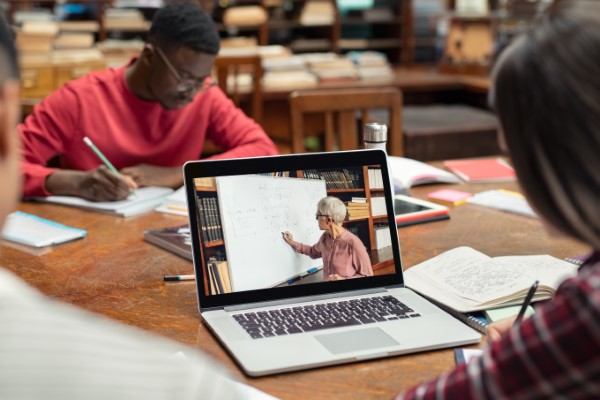
In accordance with the objectives, the aim is also to achieve an improvement and increase in conversations in social life through the practice of characteristic speech acts such as the narration and description of facts, objective and subjective descriptions, argued opinions, dialogues, etc. in any communicative situation.
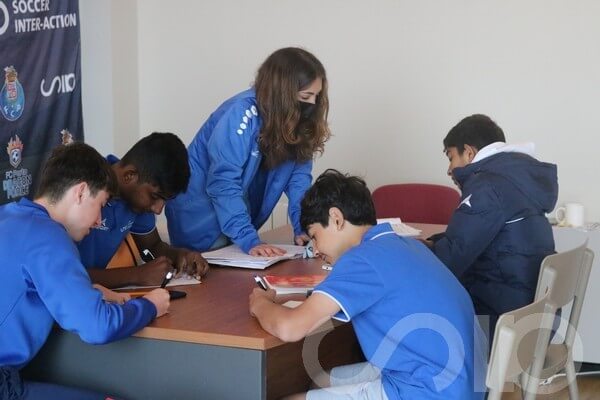
Classroom organisation
Spanish classes for soccer players
Due to the application of an individualised education in order to optimise it and achieve a significant learning of the Spanish language, different groups of students are organised according to different factors.

Firstly, among these aspects, the groupings are structured taking into account the biological ages of the pupils and, on the other hand, the previous knowledge of each one in relation to the language is observed and analysed in order to attend to their needs and, thus, to be able to adapt the teaching-learning process.
Secondly, the contents are adapted in a particular way in order to achieve optimum results in the pursuit of the main objectives mentioned above.
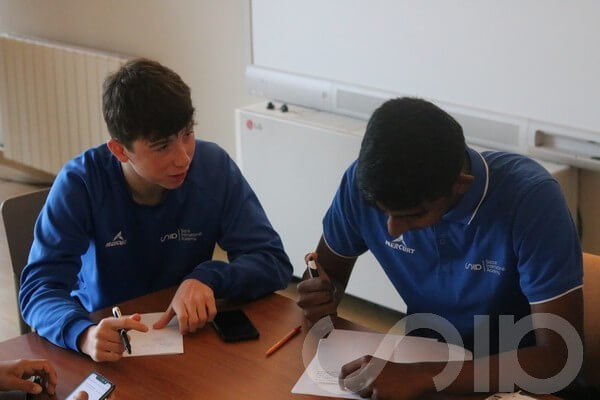
Thirdly, the importance of creating a climate of security and trust is emphasised in order to be able to offer learning situations in which the students feel comfortable and are able to relate, assimilate and accommodate all the knowledge that is being shared, both among themselves and with each person in the academy.
It should be noted that the creation of these meaningful contexts is essential to enhance the desire to learn through cooperative and/or individualised learning, as is the case with the implementation of lessons and activities in a dynamic and playful way, in which they learn meaningfully in a more enjoyable and fun way.




